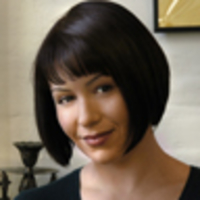Archive
Hillary Clinton's Removal From Situation Room Photo Is an Outrage
The Hasidic newspaper that Photoshopped Hillary Clinton out of the White House Situation Room photo apologized yesterday—sort of. Michelle Goldberg on why religious extremists of many ilks want women out of the picture. Plus, more Photoshopped news photos.
Trending Now





